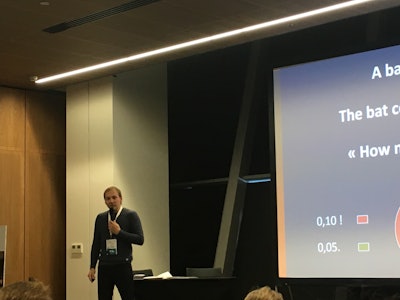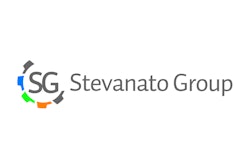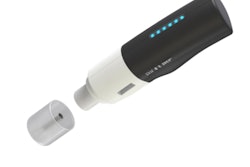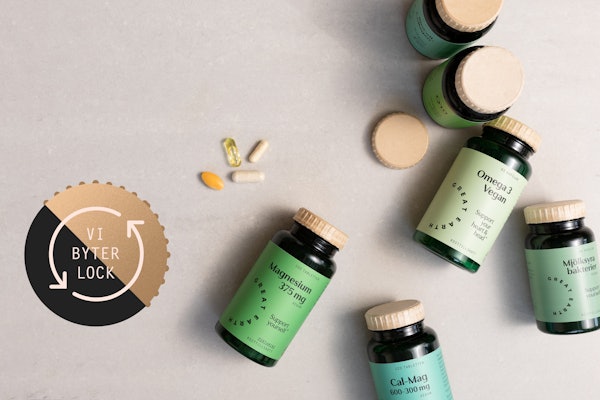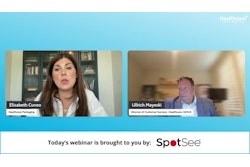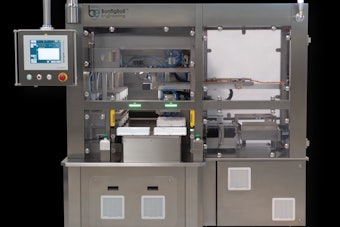If you ignore human psychology, it won’t ignore you (or your products). That was the message Nicolas Fieulaine gave in his talk at Pharmapack Europe.
A social psychology professor-turned-chief behavioral officer at Stevanato Group spin-off A+Be, Fieulaine is well-versed in the concept that simply educating people will typically not change a behavior. “We have to change our minds about changing behavior,” he noted, adding that much of decision-making involves the non-conscious (“fast thinking”) part of people’s brains.
Giving people a nudge
Fieulaine talked about the concept of nudge units, a term from the book Nudge: Improving Decisions about Health, Wealth, and Happiness, written by University of Chicago economist Richard Thaler and Harvard Law School Professor Cass Sunstein.
The idea is that people can be "nudged" into making more healthy choices and making them more consistently. “Knowing and being informed does not lead individuals to action, it requires motivation and incentives,” said Fieulaine.
[Editor’s note: the irony of simply informing readers of this concept is not lost on me.]
“Nudge units have been adopted at the top level of many governments, including the Obama administration,” he noted. “The healthcare industry should use this approach.” Fieulaine hopes people use behavioral science research data to improve healthcare services and devices with patient- and user-centered design.
In simple terms, there is a better chance that people will change their behavior in a positive way if decisions are made to be more easy, timely, attractive or social. By helping people take a small positive step first, they can then learn something from the chosen behavior, making them more likely to choose it again.
Fieulaine pointed to the following observations where desired decisions can be nudged:
-
If you want people to eat less cake and more fruit, put the fruit in front of the cake and you get a dramatic increase in fruit consumption. The fruit choice becomes easier.
-
Studies show that if people have a choice between the escalator or stairs, they are more likely to use stairs when they’re painted as piano keys. They’re fun!
-
Municipalities can reduce electricity consumption by showing a household a comparison of their utility usage with that of their neighbors. This is the social aspect of decision-making, showing that a decision is common.
Urinal lesson
Fieulaine also discussed a simple case of attempting to reduce spillage in a men’s public restroom, asking, “How do you convince people to be more clean? Humor? Desperate signs asking patrons to ‘Please keep this bathroom clean’?”
Turns out, none of the signs in an airport bathroom worked as well as an image of a fly in the urinal. He explained, “Adding the fly reduced spillage by 80% and reduced cleaning costs by 60%. It was more about the automatic tendency to play with the fly.”
Recently, a study by Penn emergency physician M. Kitt Delgado showed nudge units working to reduce the number opioids pills prescribed by ER doctors.
Fieulaine’s advice
-
Don’t ignore human psychology in your product or service design.
-
An uninformed decision is not only ineffective, but can be counter-productive to patient adherence.
-
If you have ethical qualms about nudging behavior, remember that there is no such thing as “no influence” and that these behaviors are beneficial to the patient’s health.
-
Always test, learn and adapt to data.
-
Recall that the irrational part of a person’s brain is quite often guiding daily behavior, including healthcare decisions.
